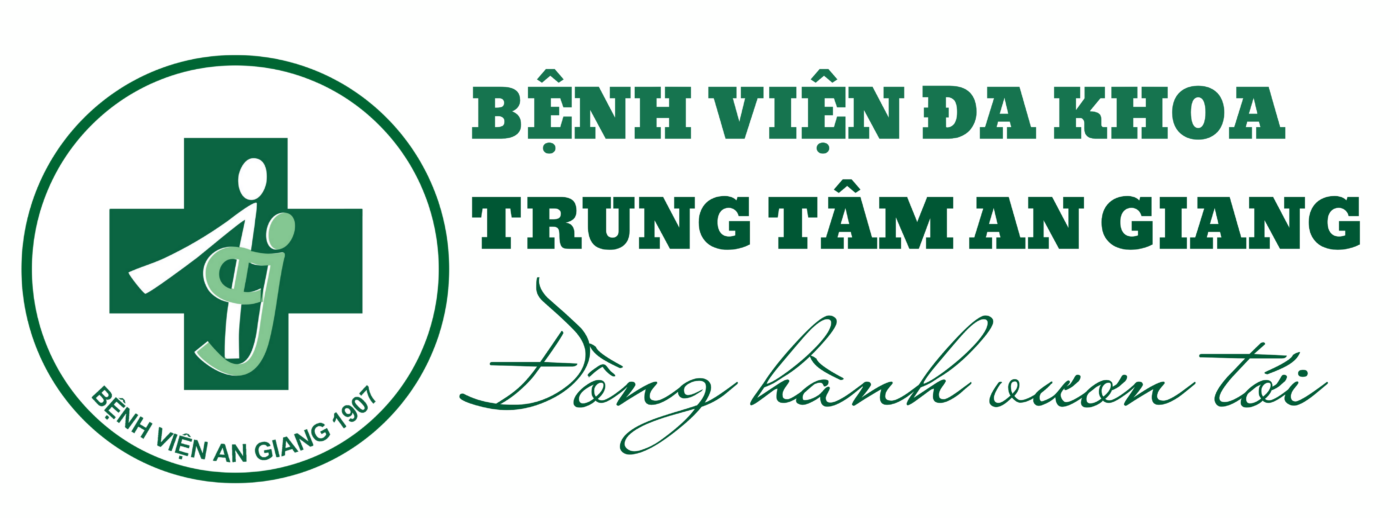Drug Des Devel Ther. 2019 Apr 26;13:1347-1356. doi: 10.2147/DDDT.S193559. eCollection 2019.
Clinical efficacy of 60-mg dexlansoprazole and 40-mg esomeprazole after 24 weeks for the on-demand treatment of gastroesophageal reflux disease grades A and B: a prospective randomized trial.
Chiang HH1, Wu DC2, Hsu PI3, Kuo CH2, Tai WC1, Yang SC1, Wu KL1, Yao CC1, Tsai CE1, Liang CM1, Wang YK2, Wang JW2, Huang CF4, Chuah SK1; Taiwan Acid-Related Disease Study Group.
Abstract
Purpose: Research comparing the clinical efficacy of dexlansoprazole and esomeprazole has been limited. This study aims to compare the clinical efficacy of single doses of dexlansoprazole (modified-release 60 mg) and esomeprazole (40 mg) after 24-week follow-up in patients with mild erosive esophagitis.
Methods: We enrolled 86 adult GERD subjects, randomized in a 1:1 ratio to two sequence groups defining the order in which they received single doses of dexlansoprazole (n=43) and esomeprazole (n=43) for 8 weeks as initial treatment. Patients displaying complete symptom resolution (CSR) by the end of initial treatment (8 weeks) were switched to on-demand therapy until the end of 24 weeks. Follow-up endoscopy was performed either at the end of 24 weeks or when severe reflux symptoms occurred. Five patients were lost to follow-up, leaving 81 patients (dexlansoprazole, n=41; esomeprazole, n=40) in the per-protocol analysis.
Results: The GERDQ scores at 4-, 8-, 12-, 16-, 20-, and 24-week posttreatment were less than the baseline score. The CSR, rate of symptom relapse, days to symptom resolution, sustained healing rate of erosive esophagitis, treatment failure rate, and the number of tablets taken in 24 weeks were similar in both groups. The esomeprazole group had more days with reflux symptoms than the dexlansoprazole group (37.3±37.8 vs 53.9±54.2; P=0.008). In the dexlansoprazole group, patients exhibited persistent improvement in the GERDQ score during the on-demand period (week 8 vs week 24; P<0.001) but not in the esomeprazole group (week 8 vs week 24; P=0.846).
Conclusions: This study suggests that the symptom relief effect for GERD after 24 weeks was similar for dexlansoprazole and esomeprazole. Dexlansoprazole exhibited fewer days with reflux symptoms in the 24-week study period, with better persistent improvement in the GERDQ score in the on-demand period.
HIỆU QUẢ LÂM SÀNG CŨA 60 mg DEXLANSOPRAZOLE VÀ 40 mg ESOMEPRAZOLE SAU 24 TUẦN TRỊ LIỆU THEO YÊU CẦU BỆNH TRÀO NGƯỢC DẠ DÀY THỰC QUẢN MỨC ĐỘ A VÀ B: MỘT THỮ NGHIỆM NGẪU NHIÊN TIỀN CỨU.
Mục tiêu
Nghiên cứu so sánh hiệu quả lâm sàng của dexlansoprazole và esomeprazole vẫn còn giới hạn. Mục tiêu của nghiên cứu này là so sánh hiệu quả lâm sàng của đơn liều dexlansoprazole (phóng thích 60mg) và esomeprazole (40 mg) sau 24 tuần theo dõi những BN có viêm thực quản bào mòn nhẹ.
Phương pháp:
Chúng tôi có 86 BN bị GERD xếp ngẫu nhiên theo tỉ lệ 1:1 trình tự thành hai nhóm, một nhóm dùng đơn liều dexlansoprazole (43 BN) và nhóm kia dùng esomeprazole (43 BN) trong 8 tuần điều trị đầu tiên. Những BN cải thiện triệu chứng hoàn toàn (CRS= complete symptom resolution) vào lúc kết thúc trị liệu ban đầu (8 tuần) sẽ được chuyển sang trị liệu theo yêu cầu kéo dài đến 24 tuần. Theo dõi nội soi cả hai nhóm vào cuối đợt điều trị 24 tuần hoặc lúc triệu chứng trào ngược nặng xuất hiện. Có năm BN bỏ cuộc, còn 81 người (dexlansoprazole, n=41; esomeprazole, n=40) đưa vào phân tích bệnh án.
Kết quả
Điểm GERDQ ở thời điểm 4-, 8-, 12-, 16-, 20-, and 24- tuần sau điều trị thì thấp hơn điểm nền. Cải thiện triệu chứng hoàn toàn (CRS), tỉ lệ tái phát triệu chứng, số ngày cải thiện triệu chứng, tỉ lệ duy trì lành viêm thực quản bào mòn, tỉ lệ điều trị thất bại, và số viên thuốc sử dụng trong 24 tuần thì tương tự ở cả hai nhóm. Nhóm dùng esomeprazole có số ngày tồn tại triệu chứng trào ngược dài hơn so với nhóm dùng dexlansoprazole (37.3±37.8 vs 53.9±54.2; P=0.008). Trong nhóm dexlansoprazole, những BN có sự cải thiện điểm GERDQ bền bỉ hơn trong suốt giai đoạn điều trị theo yêu cầu (tuần 8 vs tuần 24; P<0.001) nhưng trong nhóm esomeprazole thì không có bền bỉ này (tuần 8 vs tuần 24; P=0.846).
Kết luận
Nghiên cứu này gợi ý rằng hiệu quả làm giảm triệu chứng của GERD sau 24 tuần điều trị thì tương tự với cả hai thuốc dexlanzoprazole và esomeprazole. Dexlansoprazole có sự cải thiện triệu chứng trào ngược dài ngày hơn trong giai đoạn nghiên cứu 24 tuần và có sự cải thiện điểm GERDQ bền bỉ hơn trong giai đoạn điều trị theo yêu cầu.
BSCKII LÂM VÕ HÙNG





